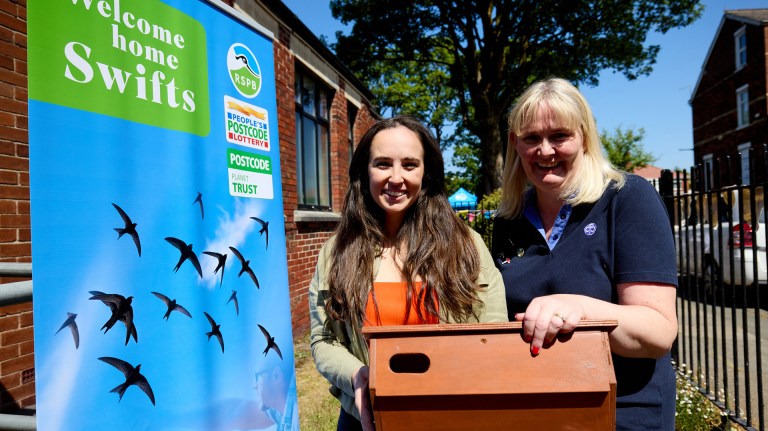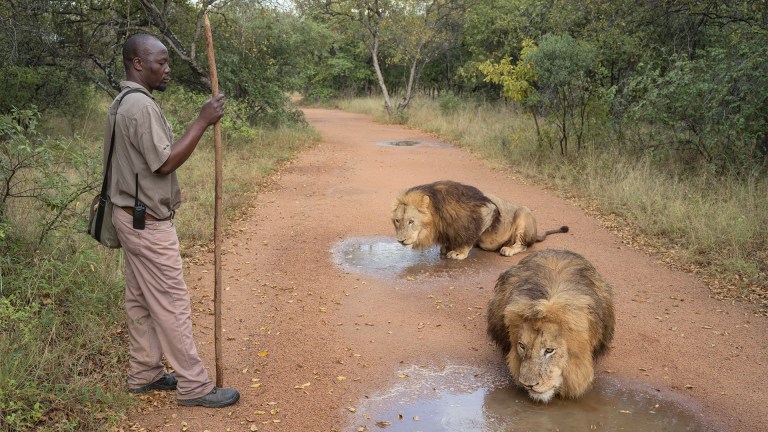“In this critical year for environmental action, it’s vital that people also use their voices to ask businesses and government to commit to the scale of transformation needed to tackle climate change and limit warming to 1.5C,” Cornelius said.
The target of 1.5C was set by 197 countries that signed the landmark Paris Climate Agreement at the COP21 summit in 2015. In November, the UK is set to host COP26 in Glasgow, which will see environmental leaders and politicians from around the world meet to agree on climate change action.
This week, Boris Johnson confirmed the UK Government would set tougher climate targets the country must meet by 2035. This would mean slashing carbon emissions by 78 per cent by 2035 when compared to 1990 levels.
“We want to continue to raise the bar on tackling climate change, and that’s why we’re setting the most ambitious target to cut emissions in the world,” the prime minister said in a statement.
“The UK will be home to pioneering businesses, new technologies and green innovation as we make progress to net-zero emissions, laying the foundations for decades of economic growth in a way that creates thousands of jobs.
“We want to see world leaders follow our lead and match our ambition in the run-up to the crucial climate summit Cop26, as we will only build back greener and protect our planet if we come together to take action.”
Advertising helps fund Big Issue’s mission to end poverty
And as work will be needed at both government and individual level in the years ahead, the new data from WWF showed many had adopted lifestyle changes over the past year.
The WWF claim tens of thousands of individuals use the calculator every month to calculate their personal carbon footprint.
Respondents answer 24 questions that cover lifestyle and consumption habits under four topics: ‘food’, ‘travel’, ‘home’ and ‘stuff’. The carbon footprint associated with the respondent’s lifestyle and consumption activities is calculated using a model developed by the Stockholm Environment Institute and the University of Leeds.
Responses were recorded from 326,579 people based in the UK, giving researchers the largest known dataset of this type and the ability to say that at least some individuals are changing their habits.
More people used renewable energy to power their homes, according to the analysis, with double the numbers using 100 per cent renewable energy tariffs.
Advertising helps fund Big Issue’s mission to end poverty
The impact of the Covid-19 lockdown was also represented in the figures. Travel is the largest contributor to the average person’s carbon footprint and as more of us were confined to our homes and didn’t leave the country the planet benefitted.
But WWF said that as the UK emerges from the pandemic, greater sustainable transport options must become available to help people make the switch to cycling, public transport and electric cars.
The researchers also warned that the average carbon footprint would need to be slashed even further to help the UK meet its ambitious new climate goals.
“The carbon calculator analysis showed people’s desire for a lower-carbon future,” added Dr Chris West of the Stockholm Environment Institute at the University of York.
“Meeting our climate targets will require a combination of small and big changes, such as maintaining a reduction in international travel, which is needed to bring down personal footprints.
“Changing consumer behaviours are a very important component of moving towards a low-carbon future, but these must also be complemented by a rapid transition towards renewable energy and a circular economy.”
Advertising helps fund Big Issue’s mission to end poverty










